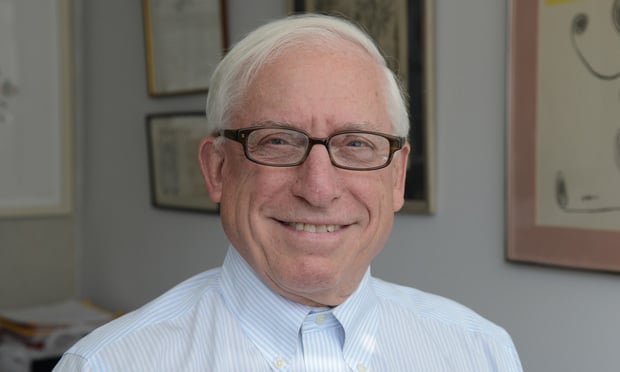Three years ago, in Burwell v. Hobby Lobby Stores, 573 U.S. 22 (2014), the U.S. Supreme Court held that the Religious Freedom Restoration Act (RFRA) can be applied to closely held corporations whose owners have sincerely held religious beliefs. RFRA prohibits the government from substantially burdening a person’s exercise of religion unless the government demonstrates that the application of that burden to that person is in furtherance of a compelling governmental interest and is the least restrictive means of furthering that compelling governmental interest. RFRA covers “any exercise of religion, whether or not compelled by, or central to a system of religious beliefs.” 42 U.S.C. §2000cc-5(7)(A). See Pinzler, “Hobby Lobby and Piercing the Corporate Veil,” N.Y.L.J. Sept. 4, 2014.)
Case Background
The Supreme Court has granted certiorari in Masterpiece Cakeshop and Jack Phillips v. Colorado Civil Rights Commission and Craig and Mullins. The question presented is whether applying Colorado’s public accommodations law to compel a “cake artist” (a baker) to prepare a cake in honor of a customer’s gay wedding celebration violates his “sincerely held religious beliefs” about gay marriage and thus violates the Free Speech or Free Exercise clause of the First Amendment.



